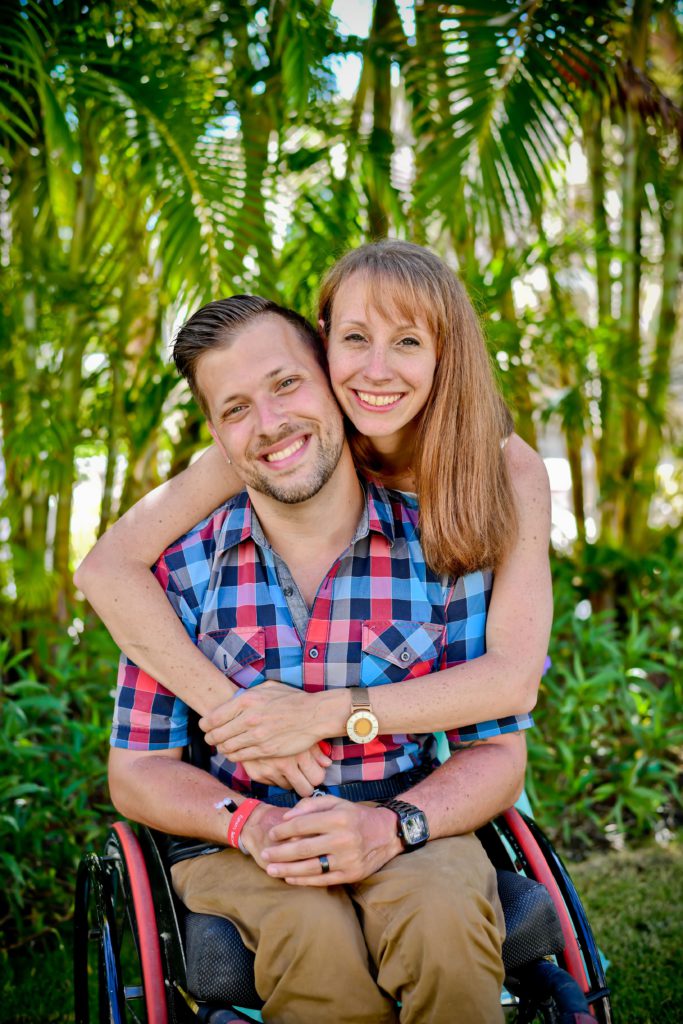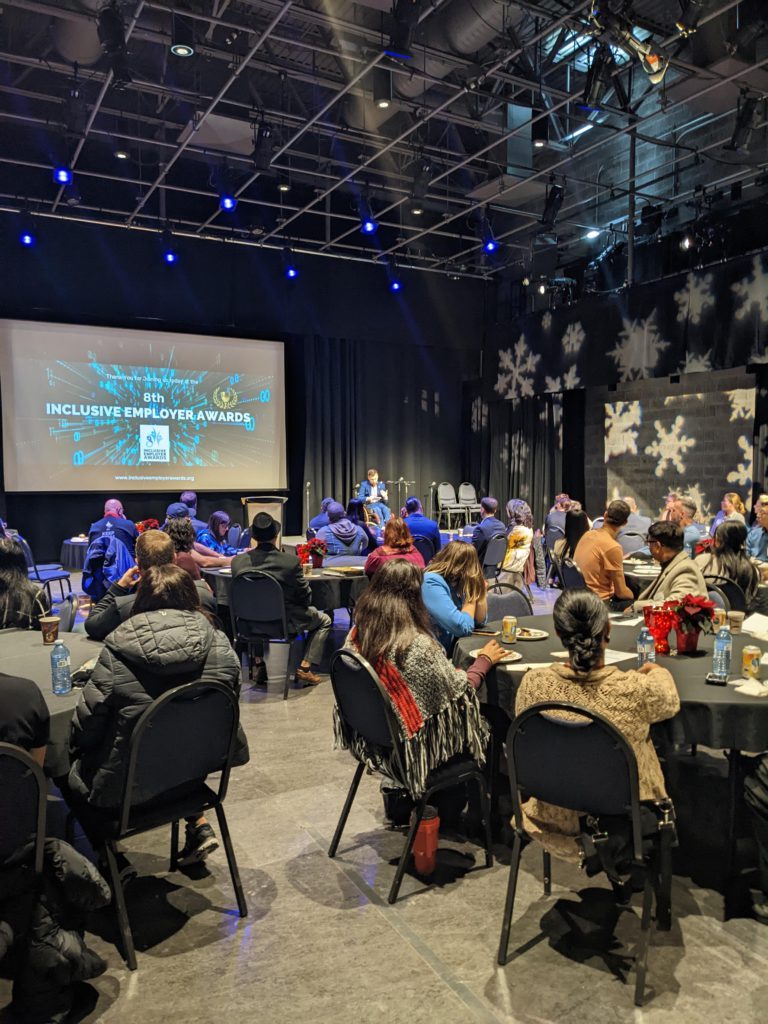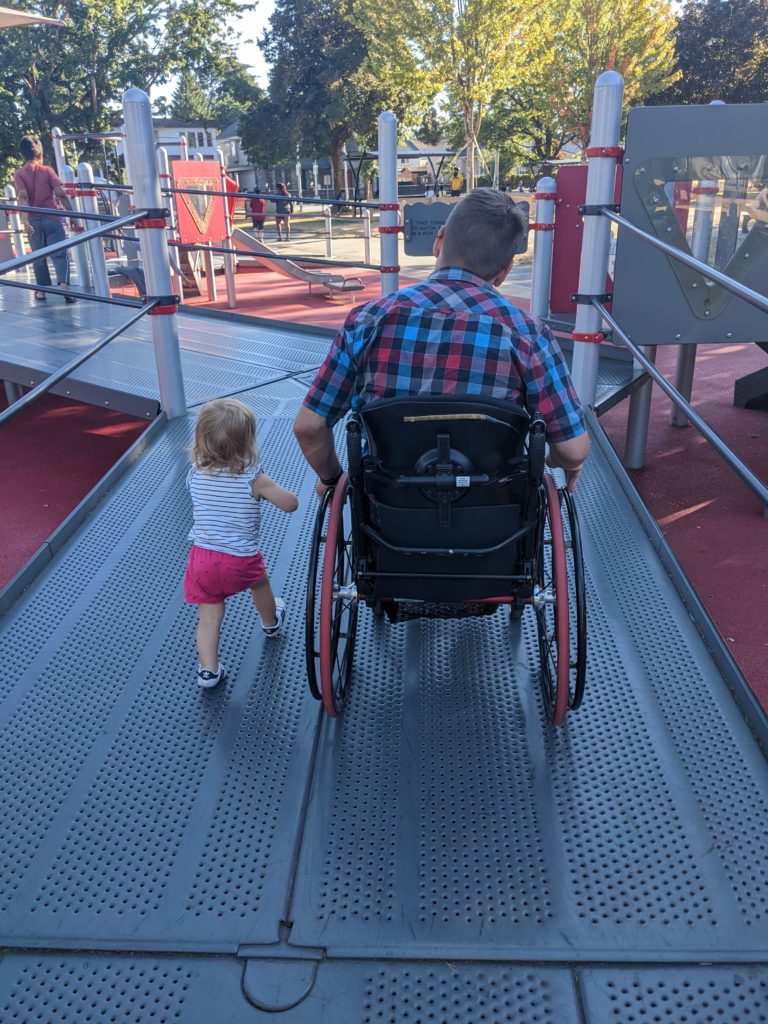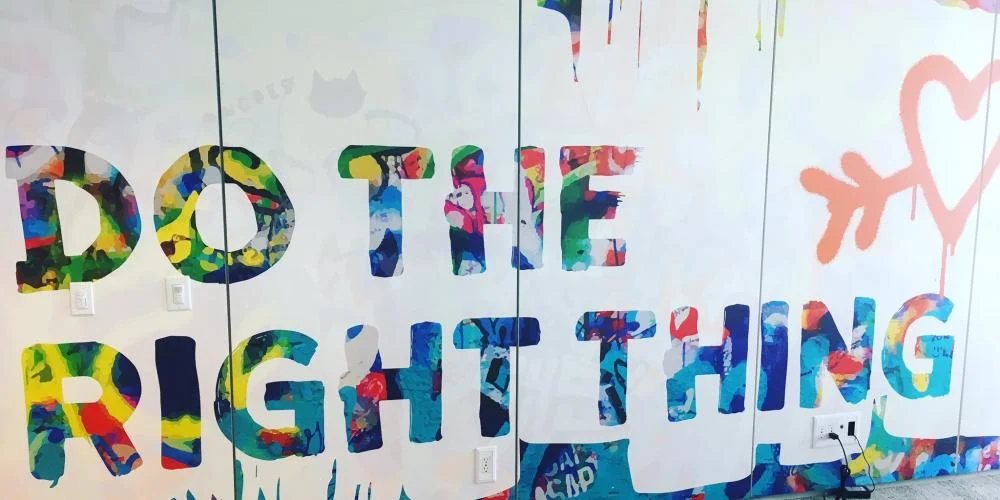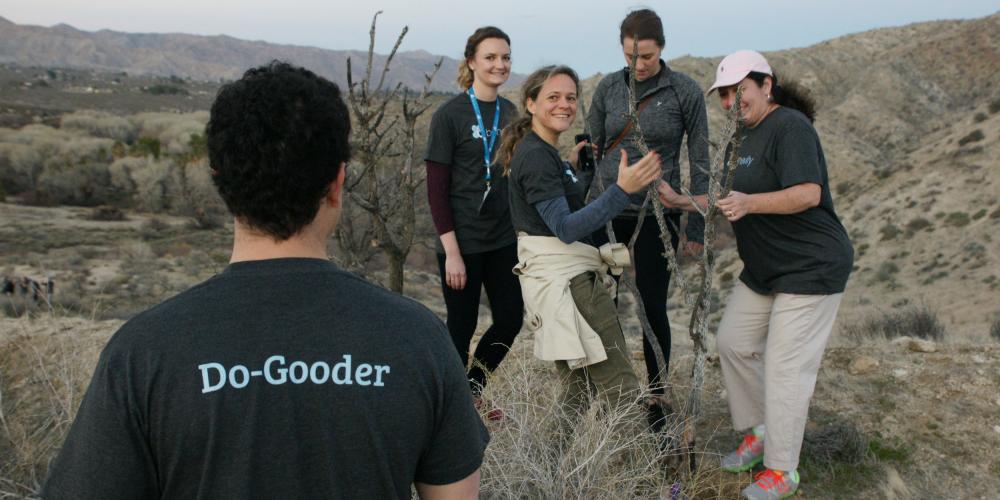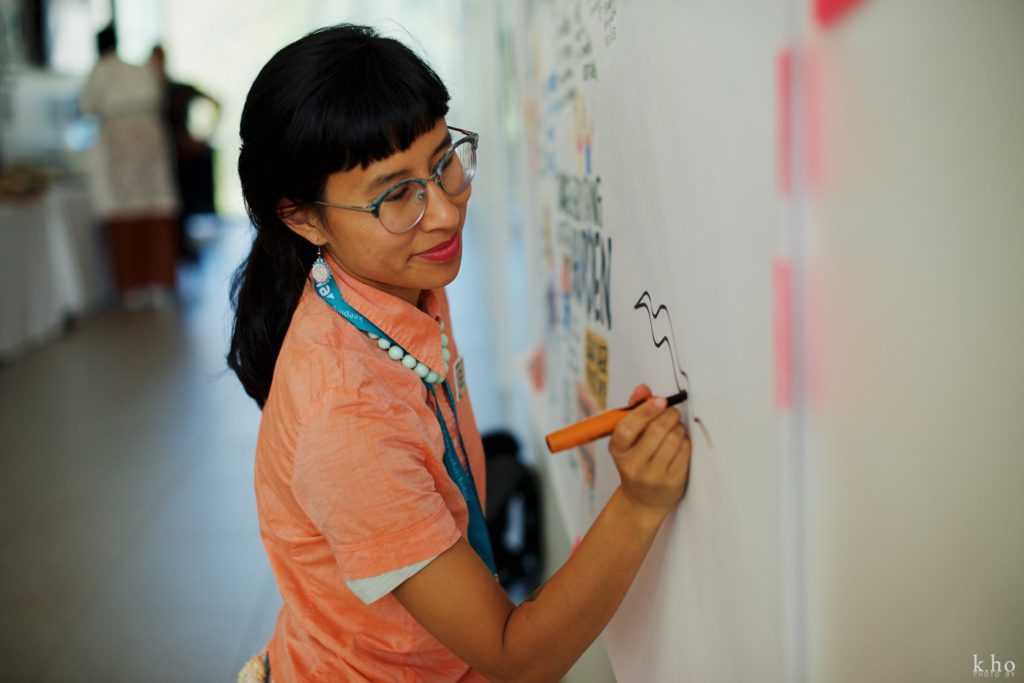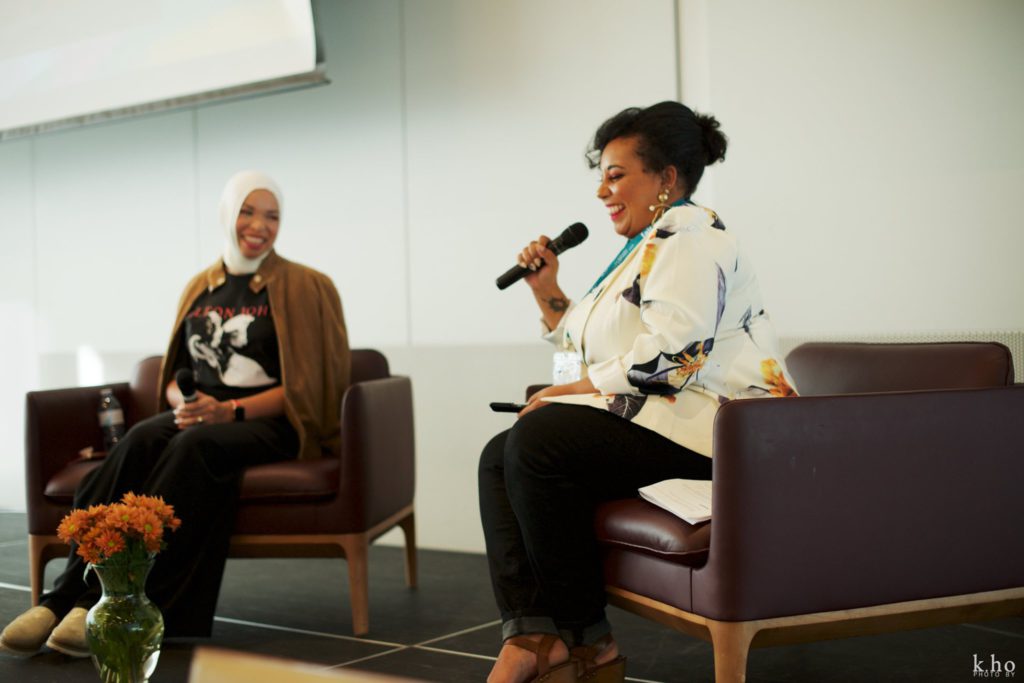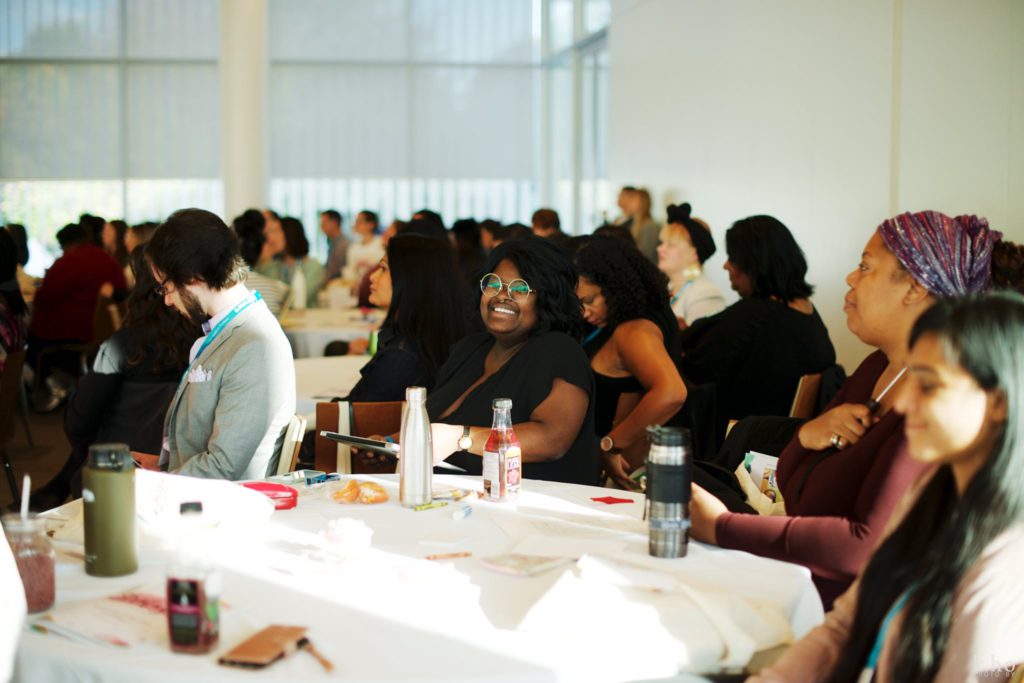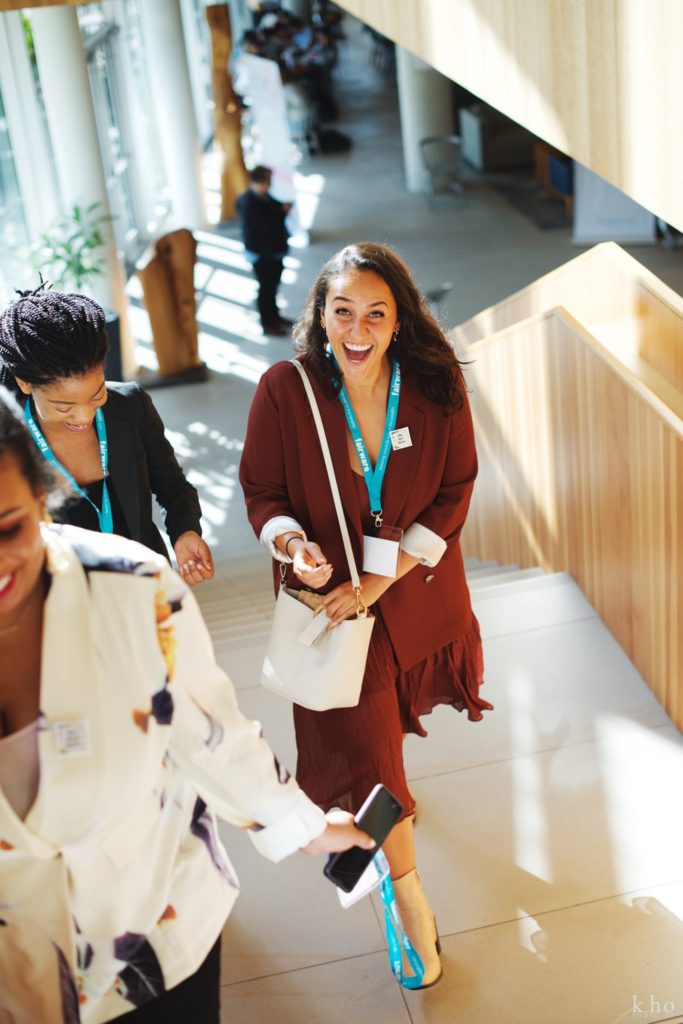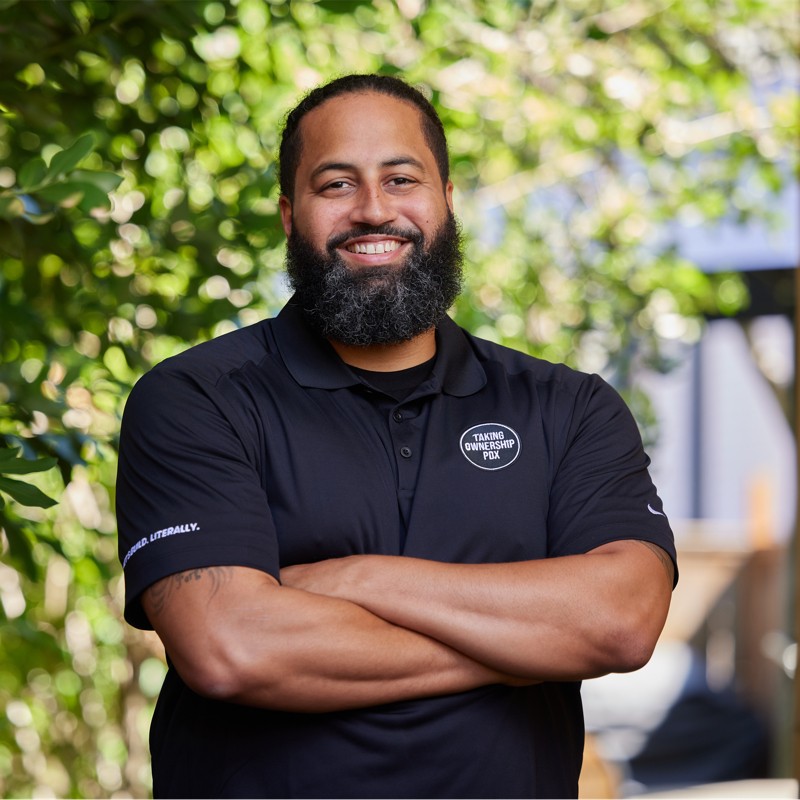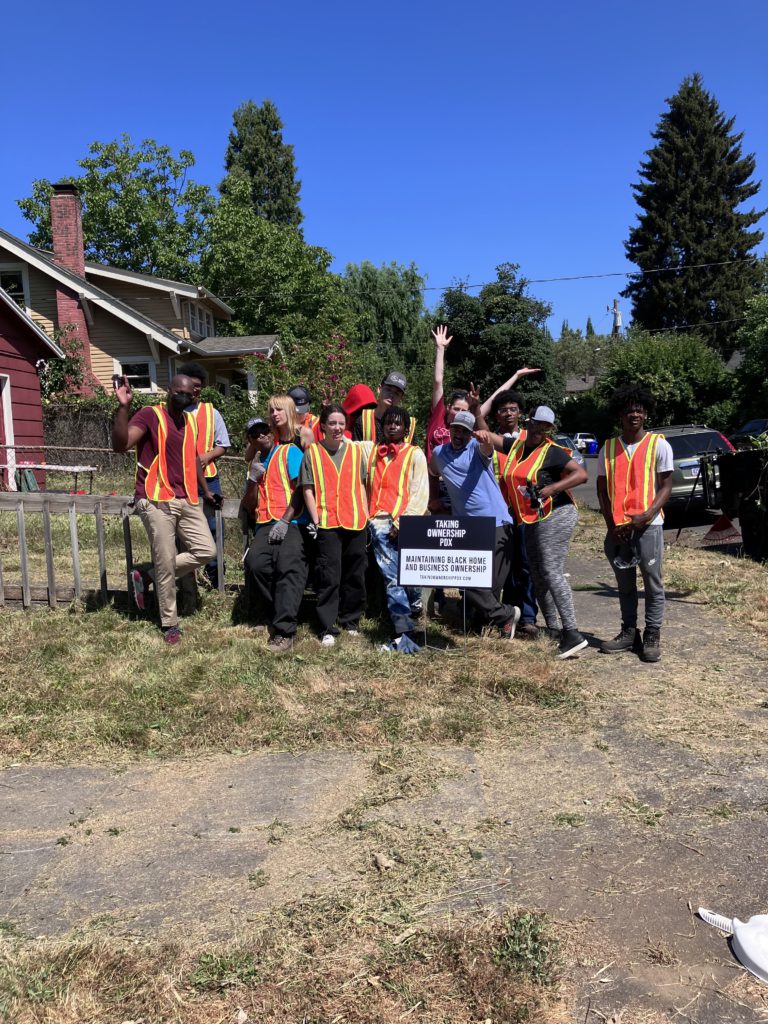Sparx has been a trusted partner of the Canadian Securities Exchange (CSE) since 2014, so we’re no stranger to providing our market services and offering event support to this rapidly growing exchange. That’s why when the CSE envisioned hosting a socially responsible investing (SRI) and environmental, social, and governance (ESG) event, we were all in to collaborate and contribute our sustainability expertise.
Back in June, the CSE’s vision became reality. Companies listed on the CSE, investors, purpose-driven organizations, and sustainability experts travelled to Kelowna for the Summit on Responsible Investment. The result? An eye-opening day packed with insights, discussions, and professionals excited about positive change.
Looking back on this event fills us with hope that more companies will get on board with ESG, more investors will engage with impact investing, and more people will take action and use capital as a force for good. To help spread our hope and raise awareness, we’re recapping the event and sharing our takeaways.
Keep scrolling for our event highlights, including attendees we connected with and insights we gained, takeaways from Dr. Victoria Hurth’s keynote and the Make The World Better Panel, and the action attendees took to make a tangible impact on the community.
Connecting With an Enthusiastic Crowd
To reduce our carbon footprint, Sparx team members carpooled to the Kelowna Innovation Centre for this groundbreaking socially responsible investing and ESG investing event. The venue was modern and spacious, with an atrium for the purpose-driven exhibitors and a space for mingling and coffee breaks. Sessions were held in the theatre room from 9:00 AM–5:00 PM and live-streamed in the atrium. We also had the pleasure of enjoying a beautiful view of Okanagan Lake over networking and cocktails on the roof. Plus, there were some great sustainable touches, including seed paper bracelets for attendees and efforts to minimize waste, which we hope to expand on in future iterations of the event.
We were excited to meet with a variety of folks, including investors, representatives from purpose-driven companies, speakers and leaders in the responsible investment space, and other individuals interested in impact investing and positive change. In total, we welcomed around 100 attendees, consisting of both locals and guests from outside of the Okanagan region.
The attendees displayed an impressive amount of enthusiasm, with a real energy and eagerness to learn which held strong from start to finish. We felt this in the conversations we had, including our chat with Angela Nagy, President & CEO of GreenStep Solutions, about the growing demand for corporate accountability and responsible services and solutions in the past few years. Everyone was constantly torn between wanting to talk in the lobby and getting to the next panel to hear what the presenters had to say.
And there certainly was a lot to learn. The schedule was packed with insightful panels, company spotlights, and presentations. During the Placing Capital Responsibly panel, for example, we learned from Sandeep Gupta, Co-Founder & CTO of Pyfera Growth Capital that “a hundred companies account for 70% of the world’s emissions.” This significant figure stuck with us and was referred to by other panelists throughout the day.
The day’s events were brightened by some extra sparks as well. Our President and Founder, Hamish Khamisa, joined Anna Serin, the CSE’s Director of Listings Development for Western Canada and US and Vancouver Branch Lead, on stage to give the opening remarks, and we had a few other chances to play an active part in the day’s events.
Moving Toward the Purpose-Led Economy
Sparx was exceptionally proud to invite and learn from Dr. Victoria Hurth, global expert; thought leader in sustainability, ESG, and purpose governance; and Cambridge Institute for Sustainability Leadership Fellow, who kicked off the event with her compelling keynote presentation “The Purpose Led Economy.”
Dr. Hurth discussed the dangerous trajectory we are hurtling toward — that of a command and control system, which would replace our market economy. We must act quickly and in the right way to prevent this and to transform our economy into one focused on wellbeing for all, which is the definition of sustainability.
To move toward a purpose-led economy that would result in wellbeing for all, there are some important considerations, according to Dr. Hurth. “If we want to bring about a purpose-driven wellbeing economy serviced by purpose-driven organizations and unleashing meaningful work and meaningful lives, then we need to govern it.”
Within finance organizations and purpose-driven companies, governance sets the frame, direction, and parameters for decision-making. The PAS 808:2022, a framework and guide for purpose-driven organizations in which Dr. Hurth served as an expert facilitator and technical author, is an extremely helpful tool for ensuring good governance.
Along with governance, Dr. Hurth sees marketing as a key factor in building toward a purpose-led economy and presented a modified Daly Triangle to demonstrate her points. Her presentation got the room thinking and set the tone for the day.
Doing Good and Being Profitable
In the afternoon, following a company presentation from Susgrainable, we had the honour of hosting and moderating our Make The World Better panel. Changemakers from different editions of Make The World Better Magazine, Mike Williamson, Founding Partner and CEO at Cascadia Seaweed; Bram van den Berg, COO and CFO at Circular Rubber Technologies; Tracy Lydiatt, Mining Innovation Project Manager at Foresight Canada; and Sage Lacerte, Founder & CEO at Sage Initiative, joined us as panelists to provide insights into regenerative business.
A key point was that sustainability is the bare minimum we should aim for and that regenerative business should be the end goal. Regenerative businesses examine existing problems and come up with better solutions, including the implementation of circular economy strategies. However, getting investors, regulatory bodies, users, and consumers in the loop requires an education process. We can successfully bridge this gap by speaking with them in terms they understand and relating regenerative solutions back to an existing solution, which will show them the value of the regenerative solution and prove why it’s better.
Partnerships with Indigenous Peoples was another important discussion point. Mike Williamson pointed out that we need to avoid pan-Indigenizing since all the Nations are sovereign communities with their own values, interests, and ways of doing business. Trying to one-size-fits-all or coming to the table with your own solutions in mind will lead to a disconnect with the Indigenous community you’re seeking a partnership with and set you up for failure. Let the Indigenous communities guide you, have conversations, listen, and focus on learning so that you build toward business alignment and values alignment. Keep in mind that growing in understanding and establishing these relationships can take a very long time, even many years, and can’t be achieved without mutual respect and dialogue.
When approaching partnerships with Indigenous Peoples, as Sage Lacerte pointed out, it’s important to be aware that many have money trauma. The Indian Act and Western concepts of commerce have caused a lot of harm since they work to disenfranchise Indigenous people from existing economic systems. Anyone in the corporate sector needs to be trauma-informed and aware of the historical and contemporary contexts that Indigenous entrepreneurs face daily. Lacerte offers advice on how to make Indigenous people safe when entering into conversation, including:
- being gentle when entering relationships;
- setting and following an agenda;
- offering content warnings;
- ensuring they have their people in the room with them; and
- having circle-based conversations where everyone gets the chance to speak, be represented, and have their boundaries respected.
The panelists then discussed what investors are looking for when dealing with regenerative businesses and innovators, along with the importance of having a good team and competitive advantage, knowing the market size, being profitable, conducting business in a way that is responsible on social, environmental, and governance levels, having traction, and sincerely believing in the social and environmental benefits you bring.
Lastly, all the panelists weighed in on the thunder question: can you do good and make money? The response was a resounding yes. Tracy Lydiatt supported this by providing examples of companies that are living this reality (Patagonia, Bureo, and FLOR), and Sage Lacerte taught us that, “money can be restoried as medicine, as time and energy, and the way that we breathe life into things that we love.”
The Intersection of Capital and ESG
Everyone at the event was geared up about using finance as a force for good and demonstrated that energy, time, and love exist at the intersection of capital and ESG. With all that enthusiasm in the room and the incredible synergies between attendees and speakers, it was clear they found it valuable to be at the Summit on Responsible Investment.
During the Make The World Better panel, Sage Lacerte drew attention to the value of purpose-driven events like this one when she emphasized the importance of having conversations and creating new ways to support equity-deserving communities, building frameworks and models, and sharing the resources we have so that impact spreads far and wide.
We could really see and feel everyone’s excitement over having these types of conversations and opportunities to learn about and from each other. Connections were made easily and it felt like everyone showed up in good faith to talk about ways companies can make money and truly make the world better at the same time. We even saw collaborations forming on the spot, mid-conversation, and received many introduction requests post-event, which shows us that we brought the right crowd together.
And, to further prove how money can be restoried as medicine and a catalyst for good, event attendees raised over $6,000 for the Central Okanagan Food Bank. Since the suggested donation amount for entry was $10 and the minimum amount to be eligible for a tax receipt was $20, this staggering amount shows how invested these professionals are in using capital as a force for good and voting with their dollar.
Let’s Keep the Impact Growing
Immediately following the event, attendees, speakers, and other individuals showed a lot of interest in having a Summit on Responsible Investment 2024. It’s official — the event is coming back next year! We look forward to connecting and collaborating with this inspiring group once again.
If you’re part of an organization that’s contributing to a better world, we’d love to collaborate with you too. Reach out to us for a free consultation. Together, let’s work together to amplify your impact.
